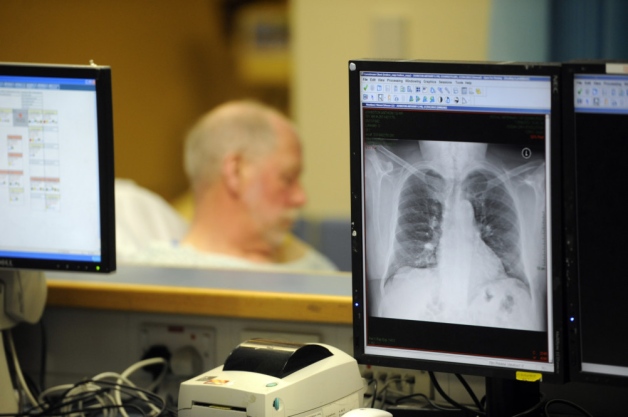Government Grants
Business Grants
Home Owner Programs
Federal Programs
About Us
Page 2
The ECA estimates that it plans to bring in about 24 secondary school students and three adult students from Algeria.
| Sponsored Links |
|
|
With this, the ECA aims to achieve the following objectives:
1) Foster mutual understanding between the people of the United States and the residents of Algeria
2) Inspire the youth to harbor a sense of civic responsibility and passion and commitment to community development
3) Develop a group of community leaders who will be willing to share their knowledge and skills to their peers by way of positive action
4) Develop a friendly relationship between students from different ethnic, religious, and cultural backgrounds.
Interested applicants should manifest the capacity to establish programs and activities that will be beneficial to the exchange students and that would contribute to the success of the program.
The ECA will grant a single award in the amount of $250,000 under the Youth Leadership Program with Algeria.
The institutions and organizations that will be eligible to participate in this program are the following:
1) Public and State Controlled Institutions of Higher Education
2) Public and private nonprofit organizations
3) Private Institutions of Higher Education.
The United States Department of State, the primary agency funding the Youth Leadership Program, is the country's premiere agency that is responsible for creating a more secure, democratic, and prosperous world for the benefit of the people of the United States and the rest of the international community.
Youth Leadership Program: Algeria
Back to Page 1
About The Author Iola Bonggay is an editor of TopGovernmentGrants.com one the the most comprehensive Websites offering information on government grants and federal government programs. She also maintains Websites providing resources on artist grants and children grants. |
Additional Government Grants Resources
Research to Advance Vaccine Safety Program
The Centers for Disease Control and Prevention has partnered with the National Institutes of Health and as a result, has developed the Research to Advance Vaccine Safety Program, wherein it seeks to obtain a more thorough understanding vaccine safety.
Rheumatic Diseases Research Core Centers Project
The National Institutes of Health, in close cooperation with the National Institute of Arthritis and Musculoskeletal and Skin Diseases (NIAMS), has established a program entitled Rheumatic Diseases Research Core Centers Project wherein they intend to solicit applications for the development of Research Core Centers concentrating on rheumatic diseases.
Department of Housing and Urban Development: Sustainable Construction in Indian Country Small Grant Program
The Sustainable Construction in Indian Country Small Grant Program is designed to solicit program proposals that contain one of more sets of "Lessons Learned" that will help inform the Native American communities, such as Indian Tribes, regarding the issues and concerns that need to be taken into consideration upon tackling sustainable construction projects in their community.
Government Grants Within The United States Transportation Sector
Getting from point A to point B could be both the simplest and most complex issues to ever grace the existence of mankind. Though for the any government, especially the United States government which takes pride in the constantly ensuring the safety and welfare of its people, the issue of transportation is an entirely different story.
Department of Homeland Security: 2011 Earthquake Technology Transfer
The Federal Emergency Management Agency(FEMA), under the DHS, has constituted the Earthquake Technology Transfer Cooperative Agreement program.
Telehealth Resource Center Grant Program
The Health Resources and Services Administration has recently constituted the establishment of the Telehealth Resource Center Grant Program, also referred to as the TRCGP.
National Leadership Grants
The Institute of Museum and Library Services has been running the National Leadership Grants Program in an effort to address the issues and concerns that stand in the way of libraries, museums, and other archive centers or fields.
Social Entrepreneurship
Spotlight
Social Enterprises: Key to Enhancing a Nation’s Health

Glasgow Caledonian University (GCU) has launched a series of noteworthy research projects to learn if social enterprises can help Scotland lose its “sick man of Europe” label and boost the nation’s overall health.
